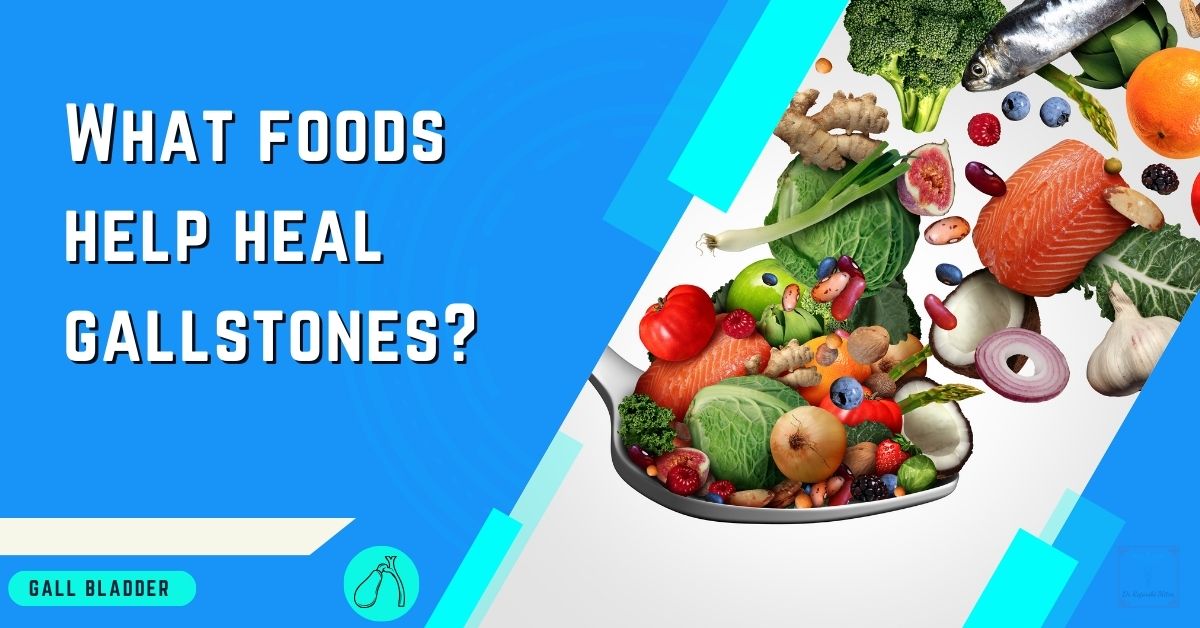Many patients wonder if high-stress levels can directly lead to the development of gallstones. As your surgeon, I want to provide an in-depth look at the complex relationship between stress and gallbladder health. I’ll discuss how chronic stress may impact gallstone risks as well as stress-management tips.
Can Stress Cause Gallstones?
1. Stress Impacts Hormones
High cortisol from chronic stress promotes insulin resistance, high blood sugar, and increased cholesterol production – all of which are gallstone risk factors.
2. Stress Contributes to Unhealthy Habits
Stress often leads to poor dietary choices, missed meals, weight gain or loss, and lack of exercise – lifestyle factors that boost gallstone chances.
3. Stress Exacerbates Symptoms
Anxiety doesn’t directly cause gallstones, but stress and anxiety can worsen gallbladder pain and digestive symptoms during a gallbladder attack.
4. The Gut-Brain Connection
There is a strong two-way communication between the GI tract and the brain. Stress can disrupt normal gut and gallbladder function.
5. Individual Factors Matter Most
Genetics, medical history, and dietary/lifestyle factors play a larger role. However stress may compound risks in susceptible individuals.
How can stress cause gallstones?
When you’re stressed, your body releases stress hormones, such as cortisol. Cortisol can cause a number of changes in the body, including:
Slowing down the digestive system
Increasing the production of bile
Reducing the release of bile from the gallbladder
These changes can create an environment in the gallbladder that is more conducive to gallstone formation.
Research on the link between stress and gallstones
A number of studies have shown a link between stress and gallstones. For example, one study found that people who reported high levels of stress were more likely to have gallstones than people who reported low levels of stress. Another study found that people who experienced a stressful life event, such as the death of a loved one, were more likely to develop gallstones in the following year.
Can stress cause gallstones to flare up?
Stress can also cause gallstones to flare up and cause symptoms, such as pain in the upper right abdomen. This is because stress can cause the gallbladder to contract and release bile. If a gallstone is blocking the bile duct, this can lead to a painful gallstone attack.
Tips to Manage Stress for Gallbladder Health:
1. Eat a Gallbladder-Friendly Diet
Follow a low-fat, anti-inflammatory diet with sufficient fibers and nutrients regardless of stress levels.
2. Exercise and Sleep
Make time for regular exercise and quality sleep, which help manage stress hormones.
3. Practice Relaxation Techniques
Try meditation, yoga, deep breathing, or music therapy to activate the body’s relaxation response.
4. Consider Therapy or a Support Group
Seeking professional help and community support can reduce anxiety levels.
5. Communicate with Your Doctor
Report any links between stress, diet, and gallbladder symptoms so they can be addressed.
Summary of Key Points:
– Stress indirectly impacts gallstone risks via hormone changes, unhealthy habits, and exacerbated symptoms.
– Genetics and diet play a larger role, but stress can compound risks.
– A gallbladder-friendly diet is important regardless of stress.
– Regular exercise, sleep, relaxation practices, therapy and social support help manage stress.
– Communicate with your doctor about any connections between stress and symptoms.
Let me know if you have any other questions! Managing stress is important for overall health, including gallbladder health.



















